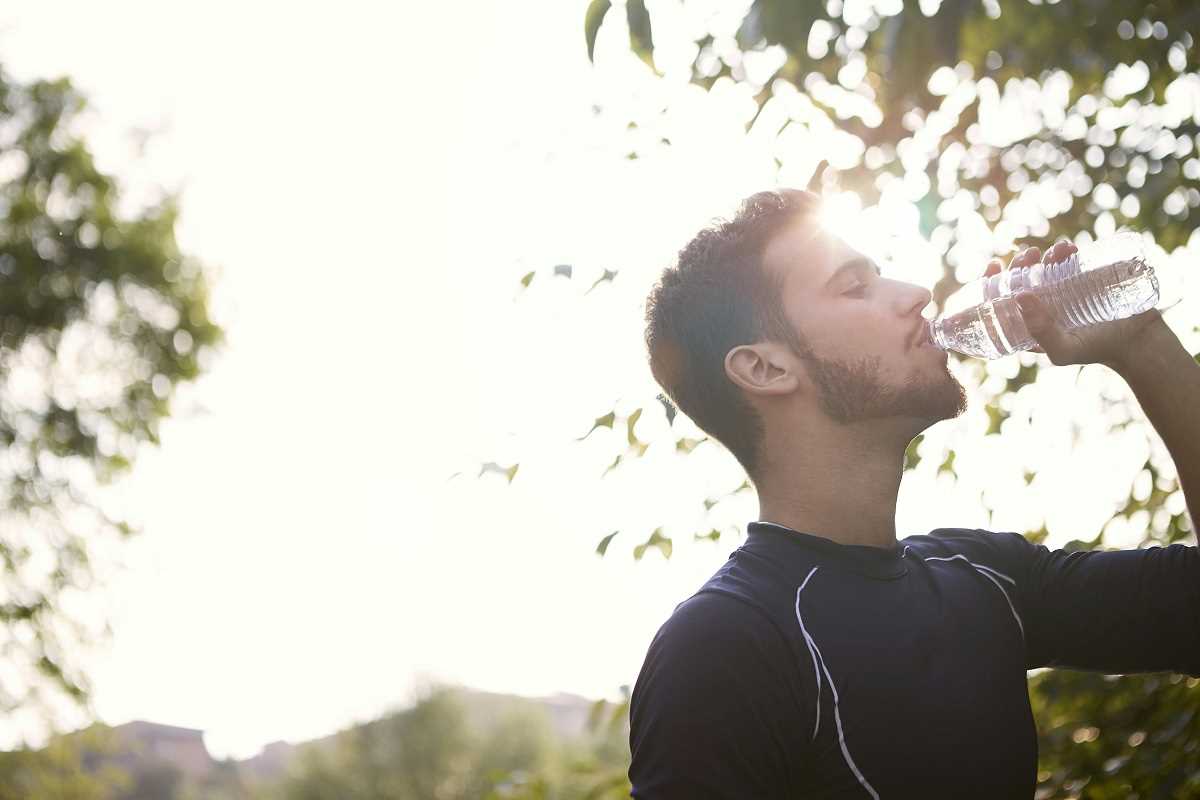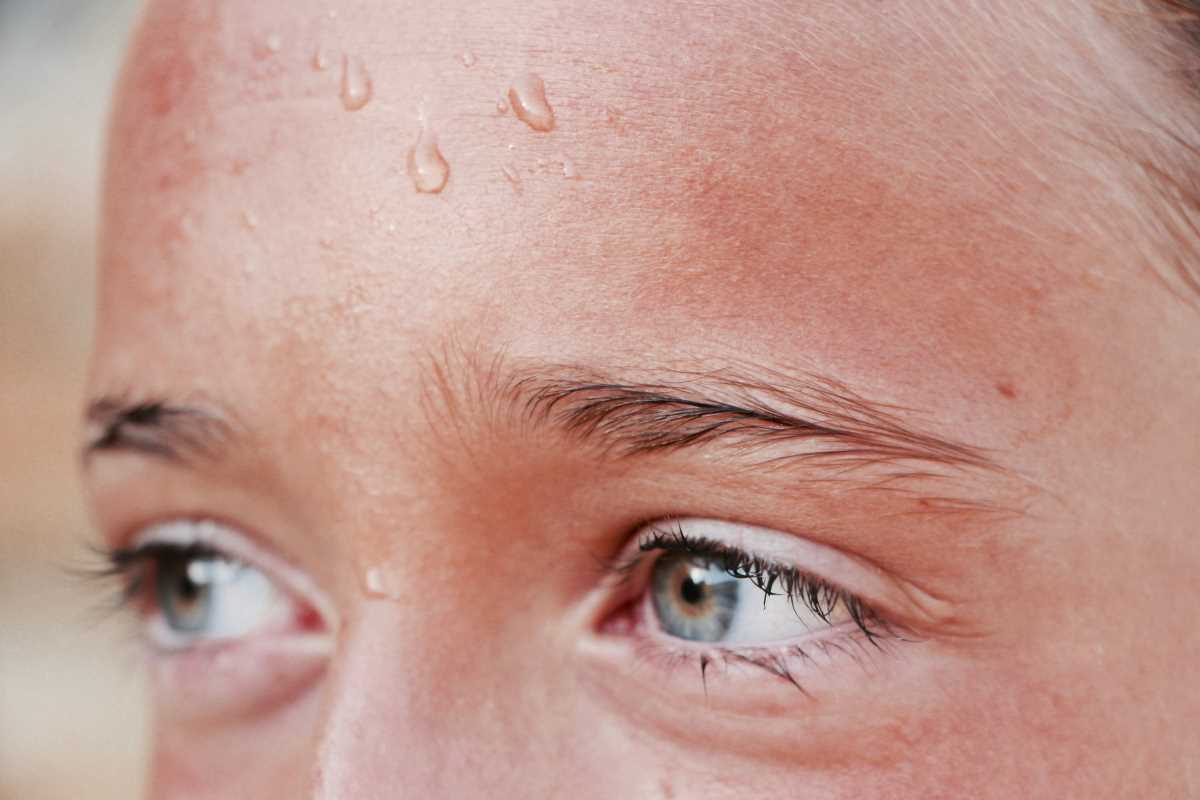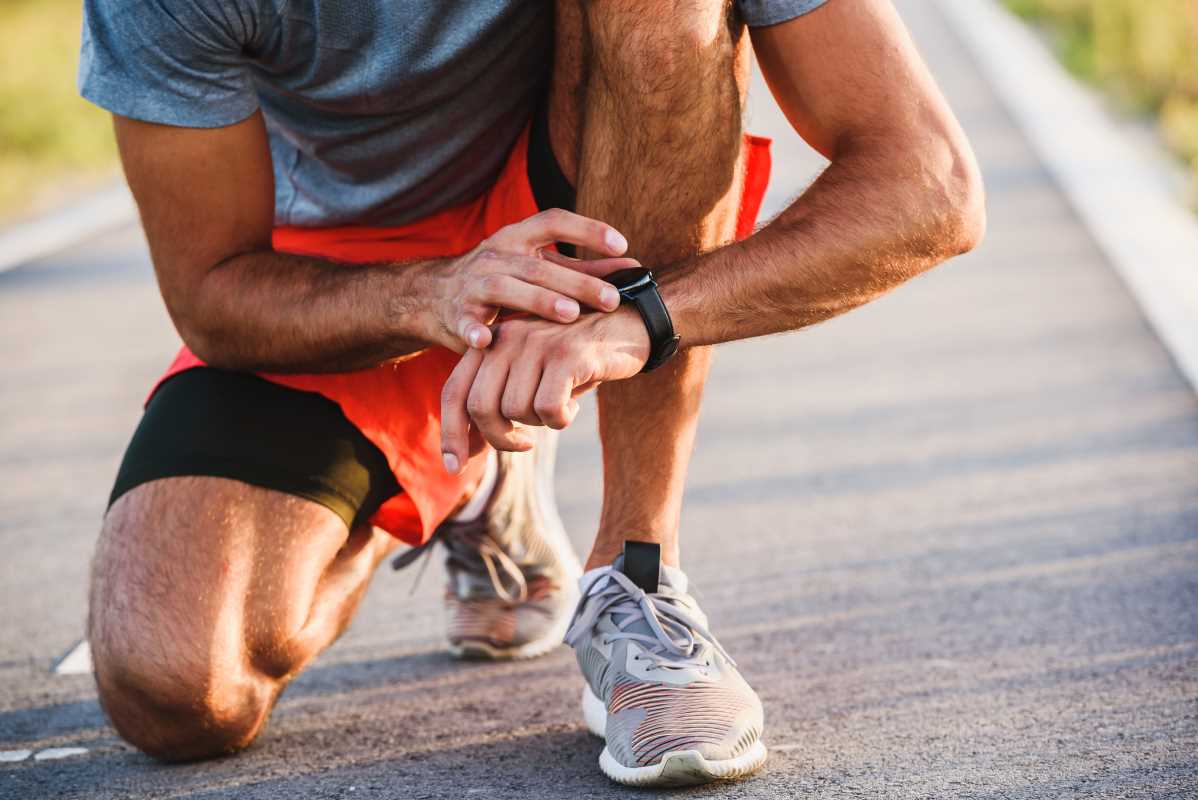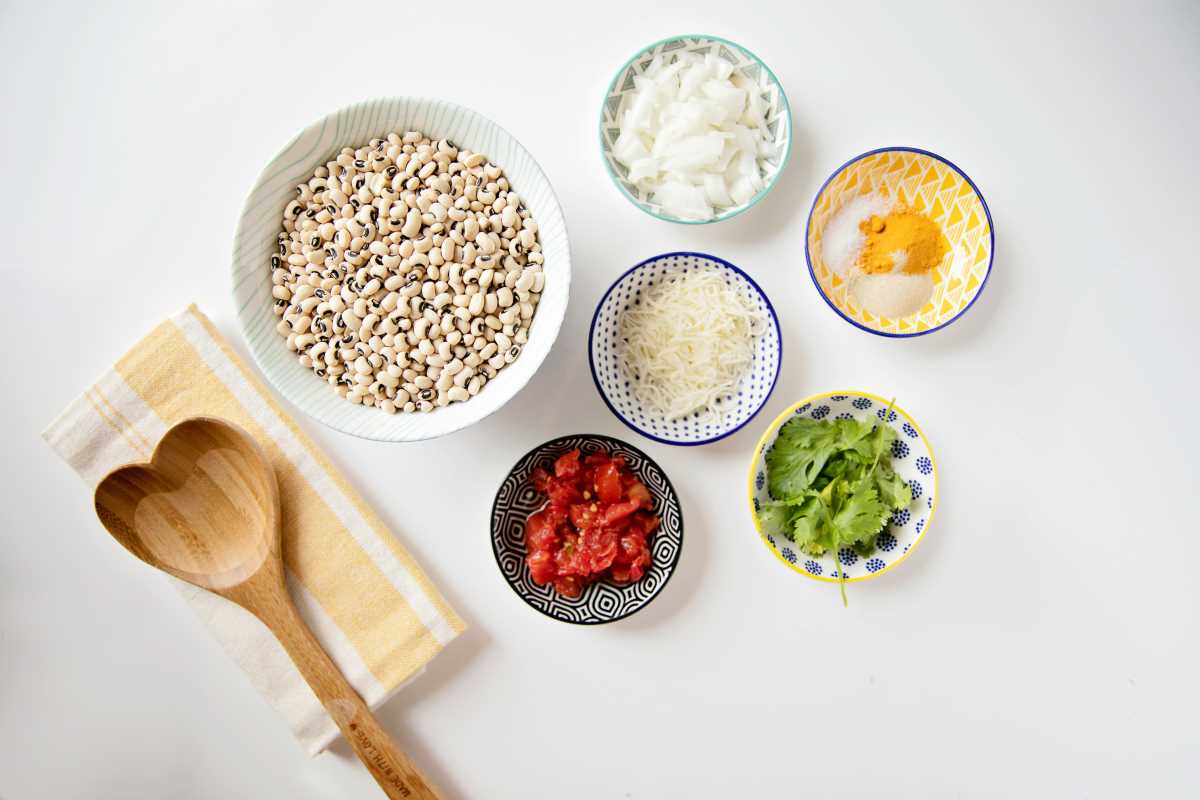No one likes surprises—especially when they come in the form of intense pain caused by kidney stones. These hard mineral deposits may be tiny, but the discomfort they can cause is off the charts. Amazingly, one of the simplest ways to reduce your risk of kidney stones is also one of the easiest actions to incorporate into your daily routine—staying hydrated.
Understanding how hydration helps prevent kidney stones starts with learning how this condition develops. From there, we’ll explore why water is such a powerful ally and share practical steps to keep your hydration game strong.
What Are Kidney Stones?
Kidney stones are hard deposits made of minerals and salts that form inside your kidneys. They develop when your urine contains more crystal-forming substances, like calcium and uric acid, than your body can dilute. Imagine a jar of water where you keep adding sugar until it collects at the bottom instead of dissolving—that’s essentially what’s happening in your kidneys when kidney stones form.
While small stones can sometimes pass without much fanfare, larger ones often get stuck in your urinary tract. This is when you may experience severe pain, nausea, and other unpleasant symptoms.
Common Signs of Kidney Stones:
- Sharp pain in the back or side
- Pain during urination
- Frequent urges to urinate
- Cloudy or discolored urine
- Nausea or vomiting
According to health experts, dehydration is one of the biggest risk factors for developing kidney stones. That’s why staying hydrated is your first line of defense.
How Dehydration Contributes to Kidney Stones
When you don’t drink enough water, your urine becomes more concentrated. This means there’s less liquid to dilute minerals and salts, giving them the opportunity to combine and form crystals. Over time, these crystals can grow into kidney stones.
Dehydration doesn’t just come from not drinking enough; it can also happen when your body loses excess fluids due to sweating, illness, or excessive caffeine and alcohol consumption.
High-Risk Situations for Dehydration:
- Hot weather or high humidity
- Strenuous exercise without adequate water intake
- Illnesses that cause vomiting or diarrhea
- Excessive coffee or alcoholic beverages
The takeaway is clear—the less water you have in your system, the more likely those pesky stones are to form.
Why Hydration Is Crucial for Prevention
Staying hydrated helps in two powerful ways:
- Dilutes Urine Contents
When you drink plenty of water, your urine becomes more diluted, giving crystal-forming substances less chance to combine.
- Facilitates Stone Passage
Adequate hydration keeps everything flowing through your urinary tract, reducing the time minerals have to stick together.
The National Academies of Sciences, Engineering, and Medicine recommends that men drink about 3.7 liters (125 ounces) of water daily, while women should aim for 2.7 liters (91 ounces). Individual needs can vary, though, especially if you live in a hotter climate or are very physically active.
How to Monitor Your Hydration:
A simple way to know if you’re hydrated is to check the color of your urine. It should be light yellow—if it’s darker, it’s time to sip more water.
Practical Hydration Tips
It’s easy to say “drink more water,” but putting it into daily practice can feel harder—especially if plain water doesn’t excite you. The good news? There are practical tweaks that make hydrating not only simple but enjoyable.
1. Keep Water Handy
Invest in a reusable water bottle and bring it everywhere. Whether you're running errands or sitting at your desk, having water within arm’s reach makes it easy to stay on track.
2. Set Goals
Break your hydration goal into smaller chunks. For example, aim to drink one glass of water every two hours. Before you know it, you'll have met your daily needs.
3. Add Flavor
If plain water bores you, infuse it with natural flavors like lemon, cucumber, or fresh mint. Herbal teas are another great option for variety.
4. Make It Routine
Link water to daily activities to form a habit. Drink a glass first thing in the morning, with every meal, and before bed.
5. Track It
Use a water-tracking app or mark lines on your water bottle to check your progress throughout the day. Keeping track can also create a satisfying sense of accomplishment.
6. Eat Hydrating Foods
Fruits and vegetables like watermelon, cucumbers, oranges, and strawberries have high water content. Adding these to your diet boosts hydration while providing important nutrients.
7. Sip Smart After Sweat Sessions
After exercising or spending time in the heat, drink water (or an electrolyte-replenishing beverage) to replace the fluids you’ve lost.
Hydration doesn’t have to feel like a chore. Get creative, find methods that suit your lifestyle, and stick to them. Your kidneys will thank you.
Disclaimer: The content provided on SuperHealthyTips is for informational and educational purposes only. This information is not intended to be a substitute for professional medical advice, diagnosis, or treatment.
 (Image via
(Image via


.jpeg)


